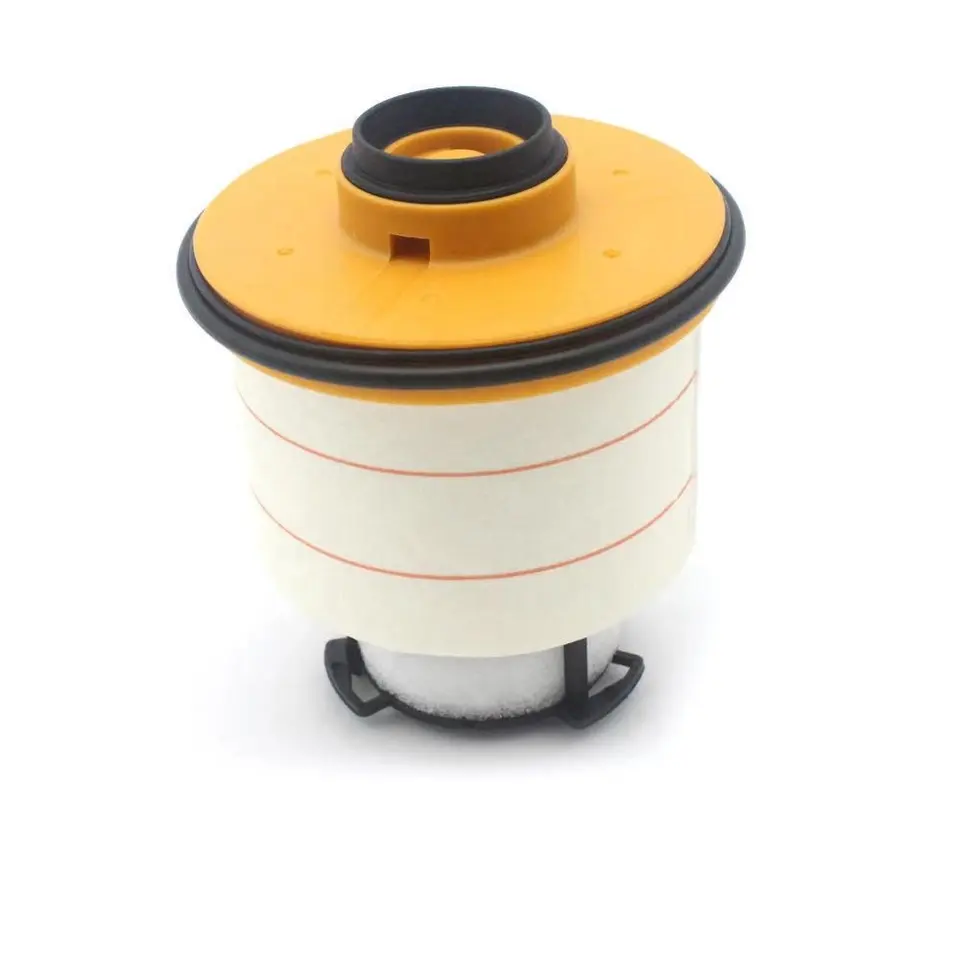Cabin air filters often ensure a comfortable and healthy driving experience. They are tasked with cleaning the air that enters the cabin through the heating, ventilation, and air conditioning (HVAC) system. Their primary function is to filter out dust, pollen, mold spores, and other airborne particles, providing you with clean and fresh air inside the vehicle. When it’s working well, all of the air that enters your cabin while you drive is filtered, assuming your windows are closed.
The importance of cabin air filters becomes evident when you consider the amount of pollutants and allergens present in the air. Without a proper filtration system, these particles can find their way into your car, leading to a compromised air quality that can affect not only your comfort but also your health.
BENEFITS OF A CLEAN CABIN AIR FILTER
Now that we understand the role of cabin air filters, let’s explore the benefits of keeping them clean and well-maintained.
- Improved air quality. One of the primary benefits of a clean cabin air filter is the air quality inside the vehicle. By trapping and preventing the entry of pollutants, the filter ensures that you and your passengers breathe in clean and fresh air and prevents dust from being deposited inside.
- Optimized HVAC system performance. A clean filter allows for better airflow through the HVAC system. This, in turn, helps maintain the efficiency of the system, ensuring that it functions optimally. That also means you can keep your windows clear with the full force of your blower motor.
- Healthier driving environment. For those who suffer from allergies, a clean cabin air filter is a game-changer. It effectively reduces the presence of allergens, such as pollen and mold spores, creating a healthier driving environment.
- Keeps your HVAC components functioning. By preventing dirt and debris from entering the HVAC system, a cabin air filter contributes to the longevity of components like the blower motor resistor, evaporator core, and heater core. This can save you money on potential repairs and replacements in the long run.
WHEN TO REPLACE A CABIN AIR FILTER
Knowing when to replace your cabin air filter is essential for maintaining its effectiveness. Here are some signs that indicate it’s time for a replacement:
- Reduced airflow. If you notice a decrease in the airflow from your vents, it could be a sign of a clogged air filter. This can lead to inefficient cooling or heating inside the cabin as well as difficulty clearing moisture from the windows.
- Unpleasant odors. A musty or unpleasant odor inside the vehicle, especially when the HVAC system is running, may indicate a contaminated cabin air filter.
- Allergy symptoms. If you or your passengers experience allergy symptoms while inside the vehicle, it’s a sign that the cabin air filter may no longer be effectively filtering out allergens.
- Noises from your vents. When the filter is clogged with dirt and debris, it can collapse and interfere with other parts like the blower motor wheel.
As for how often you should replace your cabin air filter, it’s generally recommended to check your vehicle’s owner’s manual for specific guidelines. However, a common rule of thumb is to replace the filter every 12,000 to 15,000 miles, or at least once a year.
CHOOSING THE RIGHT CABIN AIR FILTER FOR YOUR VEHICLE
When it comes to choosing a replacement cabin air filter, there are various options available, each with its own set of features and benefits. Here’s a quick guide to help you make an informed decision:
- Standard Air Filters. These are the most common type of cabin air filters and provide basic filtration for dust, pollen, and other particles. They are a cost-effective option suitable for everyday driving.
- Activated Carbon Filters. For those looking to eliminate odors and trap additional pollutants, activated carbon filters are an excellent choice. They excel at absorbing gases and unpleasant smells, providing a more pleasant driving experience.
- HEPA Filters. High-Efficiency Particulate Air (HEPA) filters offer advanced filtration, capturing smaller particles and allergens. This type of filter is ideal for individuals with respiratory conditions or those who prioritize the highest level of air purity.
Consider factors such as your driving environment, personal health needs, and budget when choosing the right cabin air filter for your vehicle.
Cabin air filters are vital for your vehicle’s overall health and your driving comfort. Regular maintenance and timely replacements ensure that you continue to enjoy clean, fresh air inside your car, contributing to a healthier and more pleasant driving experience.
Find your new cabin air filter at AutoZone today with the perfect fit for your vehicle in stock from popular brands. Not sure which one to choose? Our friendly staff can help.
FAQ/PEOPLE ALSO ASK



